Rebecca F. Kuang’s debut novel “The Poppy War” was published by Harper Voyager in 2018 and has captured the hearts of many adult fantasy readers. Based on the Second Sino-Japanese War and the Rape of Nanjing, Kuang’s historical fiction is mixed with fantastical aspects such as shamanism and the power of deities. First in its trilogy, “The Poppy War” has powerful themes of overcoming hardships, trauma and vengeance, war brutality, and the vulnerabilities of humanity.
Plot
“The Poppy War” introduces a fantasy world with the main character Fang Runin, or Rin. She is an orphan who was adopted by a family that uses her for free labor for their underground opium business. Auntie Fang, one of her adoptive figures, urges Rin to marry a wealthy merchant who is three times her age for their own financial benefits. Rin ultimately refuses and instead decides to take the Keju– the entrance exam into the most elite military academy, Sinegard.
Economically and academically disadvantaged, Rin rigorously spends all day and night studying. She aces the Keju and later moves to Sinegard Academy, where she is met with unwelcome glances and overwhelming anxiety. As she enters, she realizes that Sinegard is nothing like the Keju and only perseveres through endless studying and combat drills.
As the book progresses, the Third “Poppy War” lurks and soon erupts, pulling Rin and her classmates to the front lines. She discovers that she has a lethal power that puts her humanity on the line in order to save her country.
Character
Rin is a strong, rage-fueled character that remains iconic in the book community as a symbol of female empowerment, even though it’s been five years since publication. She’s an academic weapon, a slang term for a scholarly student, who studies against all odds and has an impeccable work ethic. Not only that, she proves to be an all-powerful weapon on the battlefield. Revealed through warfare, Rin is written as an anti-hero and is the epitome of a morally gray character. The first book sets up her character development throughout the trilogy.
Besides Rin, the supporting characters in the book also play a huge role in “The Poppy War.” There are no such things as “throwaway” characters in this book; each of Kuang’s characters is written with immense consideration. These characters all contribute to Rin’s growth and add more depth to the plot by possessing realistic personalities and reactions when faced with war. Nezha, a privileged son of a Warlord, is a key side character in this book. He and Rin’s classmate rivalry puts Rin in risk of being kicked out of the academy and back to poverty. His personality develops more as the story progresses and war grows dimmer.
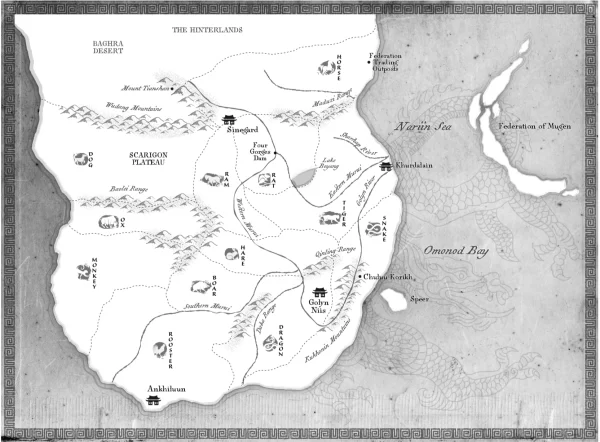
World-Building
The settings of this book are heavily based on the geography of China and Japan. The main setting is called the Nikan Empire where it mimics China. The Federation of Mugen mirrors Japan, and Speer is based on Taiwan. Knowing this, it is not difficult to pull readers in with Kuang’s world-building as it is based on real-life geography and politics.
Writing Style
Kuang does not fall short of the ability to immerse her readers into her military-fantasy world. Even though the book was written from a third-person point of view, it feels as if it was written from a first-person perspective. For instance, scenes taking place on the battlefield compel the reader to think critically about what they would do if they were in Rin’s shoes.
The author allows readers to empathize and connect with the story through intentional, intricate sentences that capture visceral emotions and send chills down their spines. She depicts grotesque scenes that leave readers on edge, horrified and chapter 21 is a prime example of this. It specifically draws from the Rape of Nanjing, referring to it as the “city of corpses” and covers the atrocities that greatly impacted mankind regardless of sex or status.
The language in which Kuang writes is easy to digest. Despite a war-based plot that requires technical explanations, Kuang finds a balance between war and humor with the clever comebacks and dialogue between characters in several scenes. This brings a sense of light-heartedness and “humanness” in times of tragedy.
Historical Authenticity
What makes this book so genuine is that Kuang makes no attempt to glorify war and violence. Taking from her grandparents’ history and experience, this book is written similar to a retelling or as a remembrance of old Chinese history. Kuang does not sugarcoat the traumatic and devastating events history has in order to ensure historical accuracy and no bias. She, too, shows that in times of war, hierarchy ultimately does not matter when everyone’s lives are at equal risk.
Since it is a novel going over deep and sensitive topics in warfare, its contents are graphic and mature. Readers are advised to research the trigger warnings before reading “The Poppy War.”
Overall Thoughts
Overall, “The Poppy War” is an exceptional read that should be put on everyone’s “TBR” or “to be read” list. This world was crafted beautifully in regards to its world-building, realistic characters, strong story, and writing style that brings these aspects together. As the author’s first book, it has set the standard high and has rightfully earned numerous awards and recognition.
Throughout the trilogy, readers can explore more world-building and character development from not only Rin but from other significant side characters as well. Lovers of “Avatar: The Last Airbender” and genres of historical fantasy will find this series a page-turner as they explore the world of Nikan and the brutal events that escalate the story.

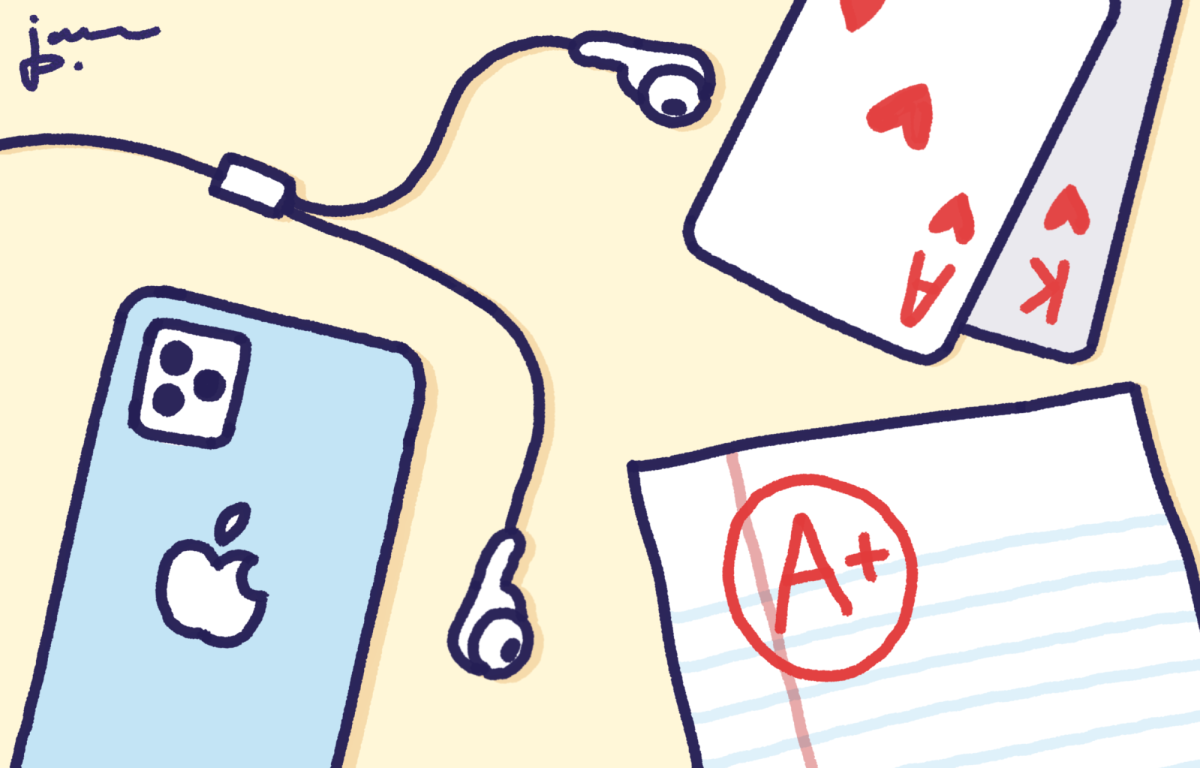
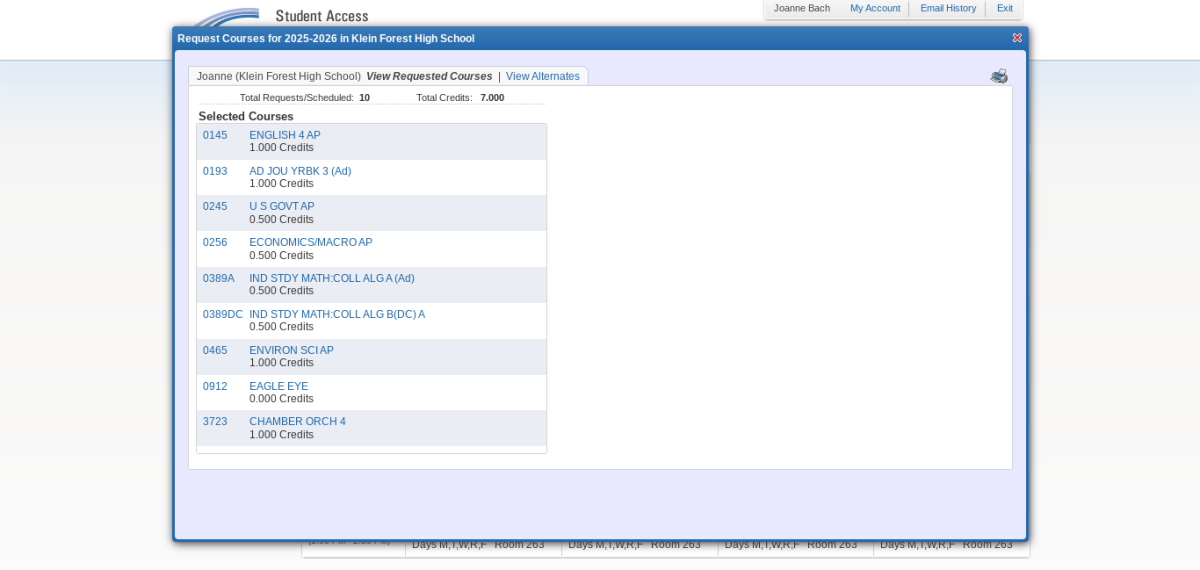





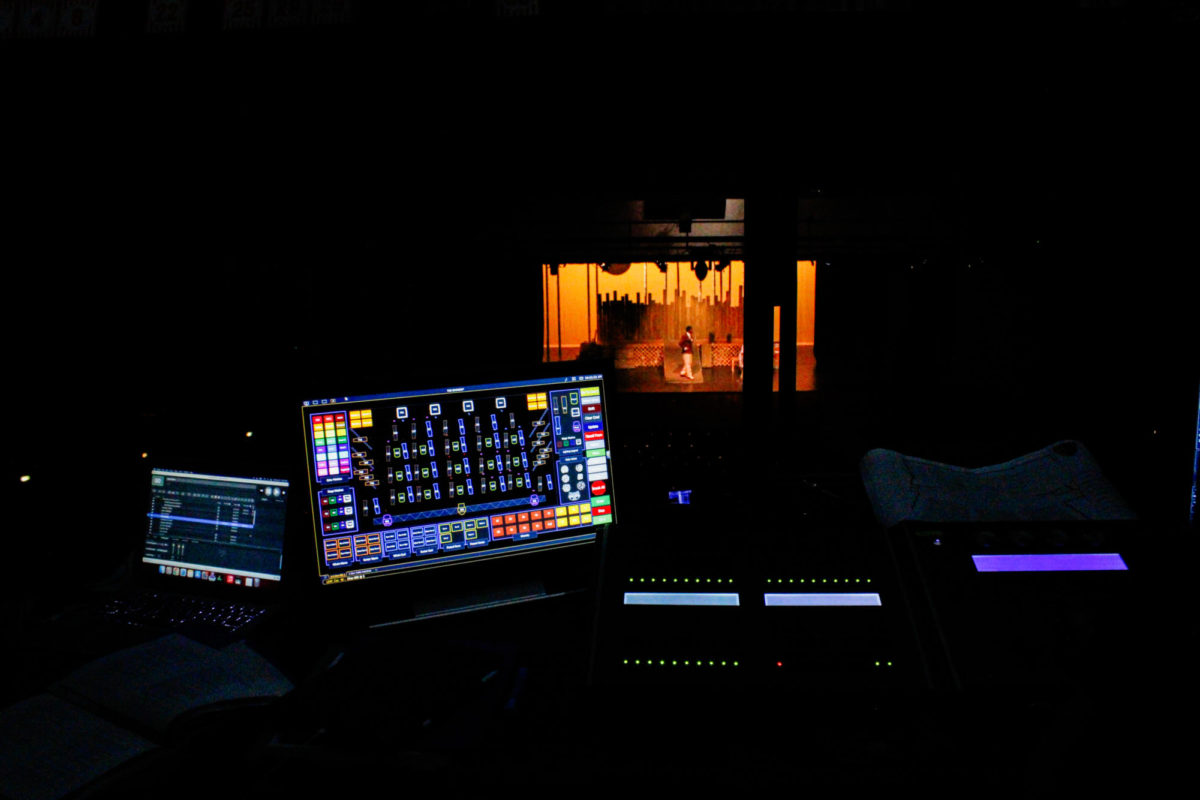
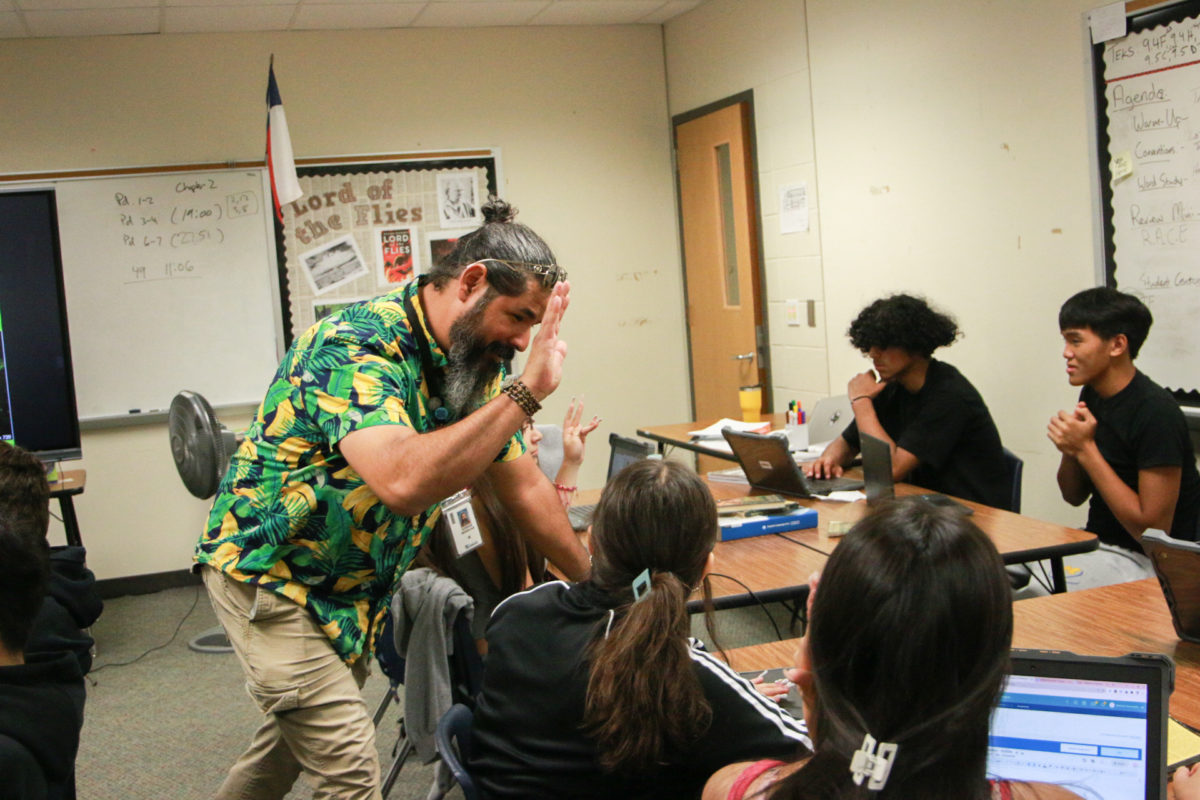

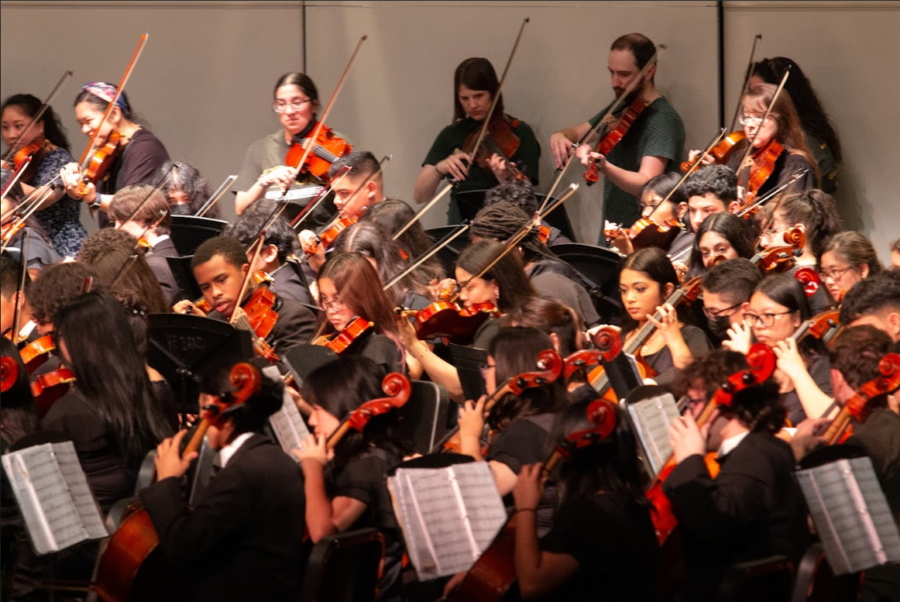
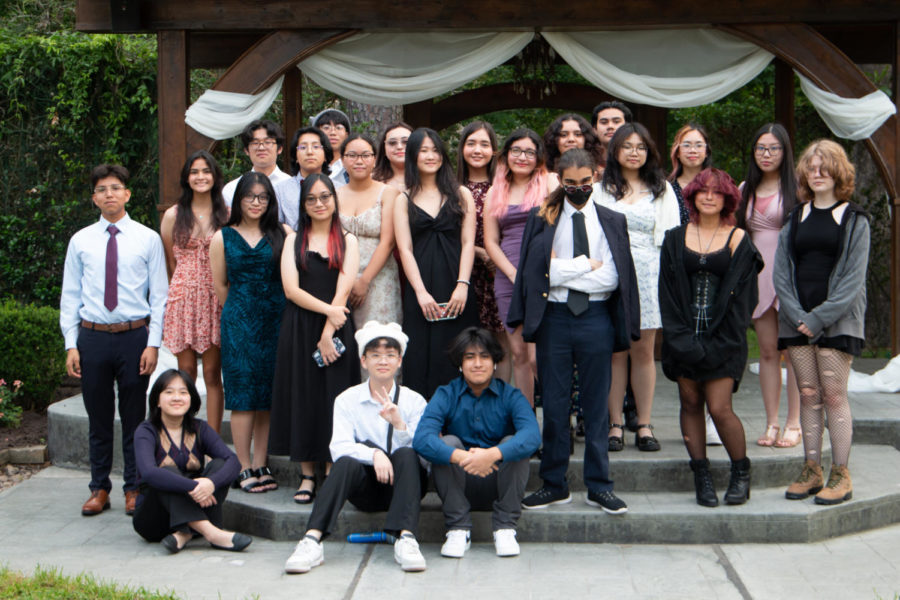
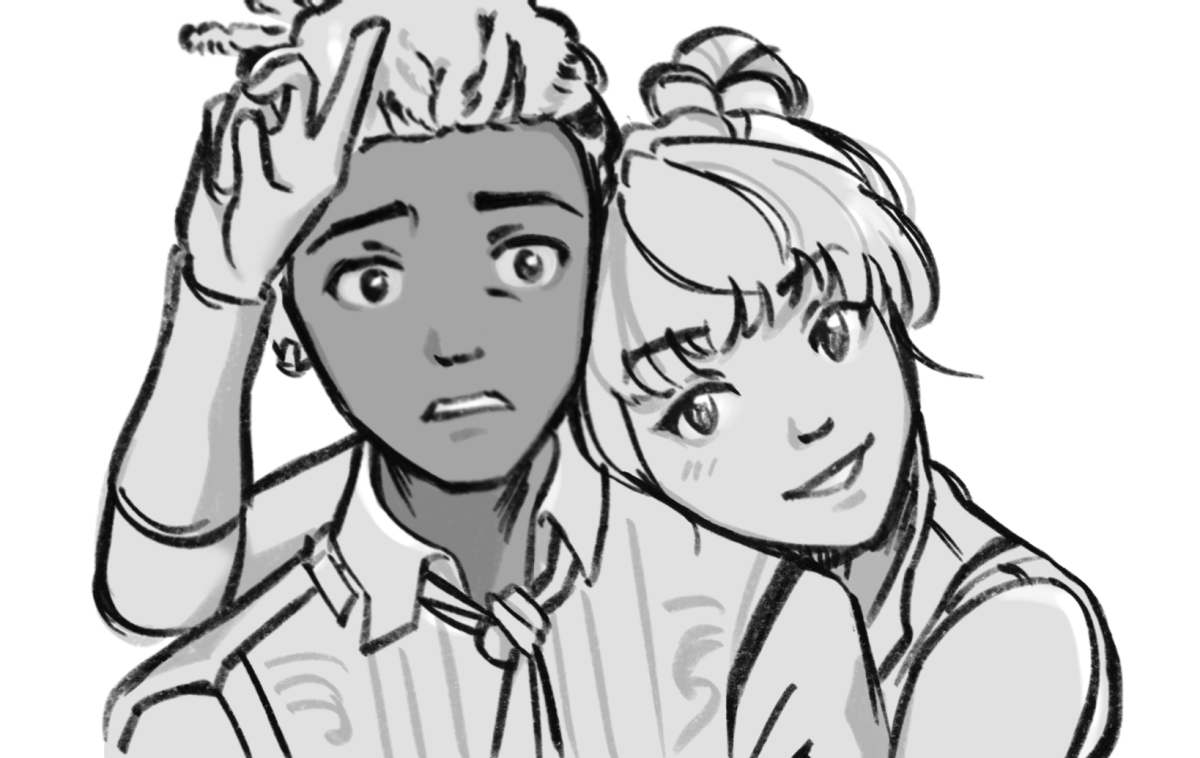

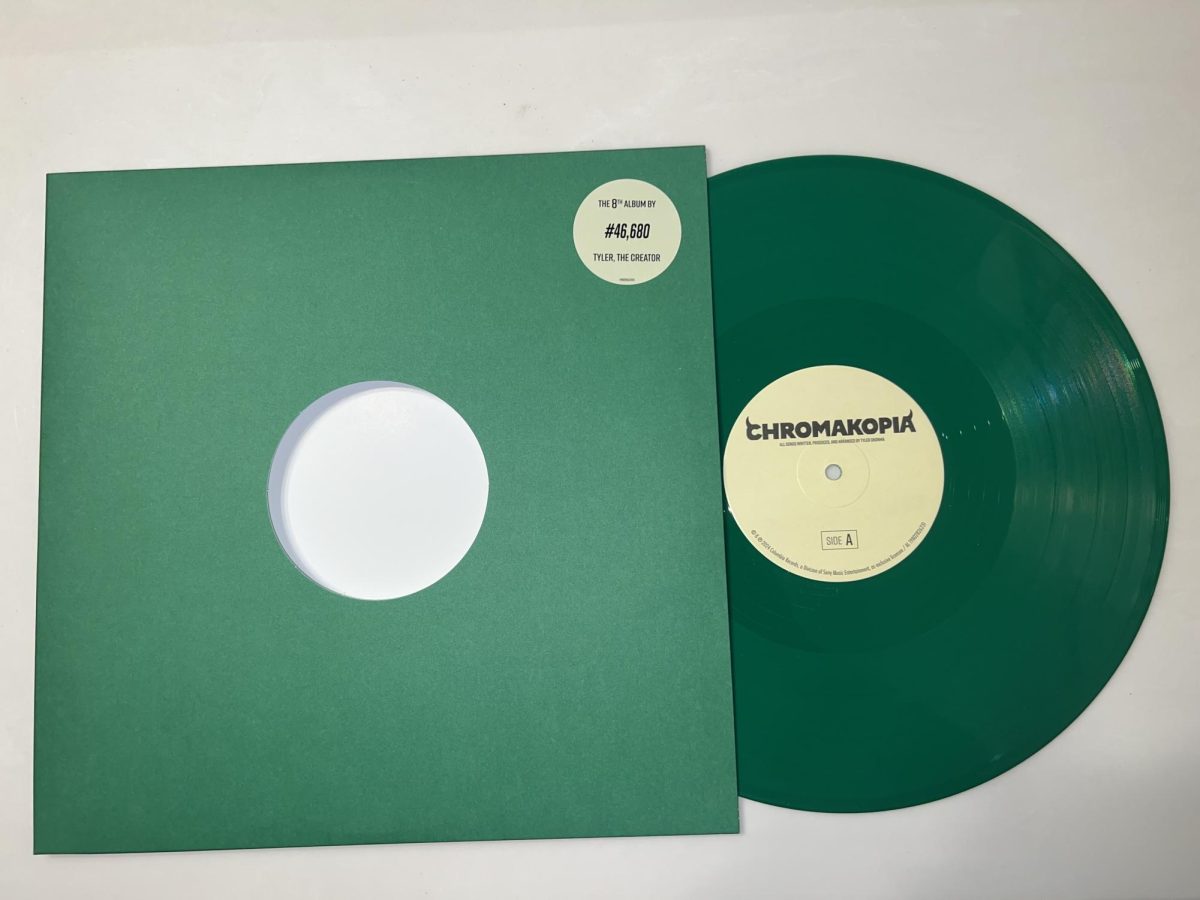



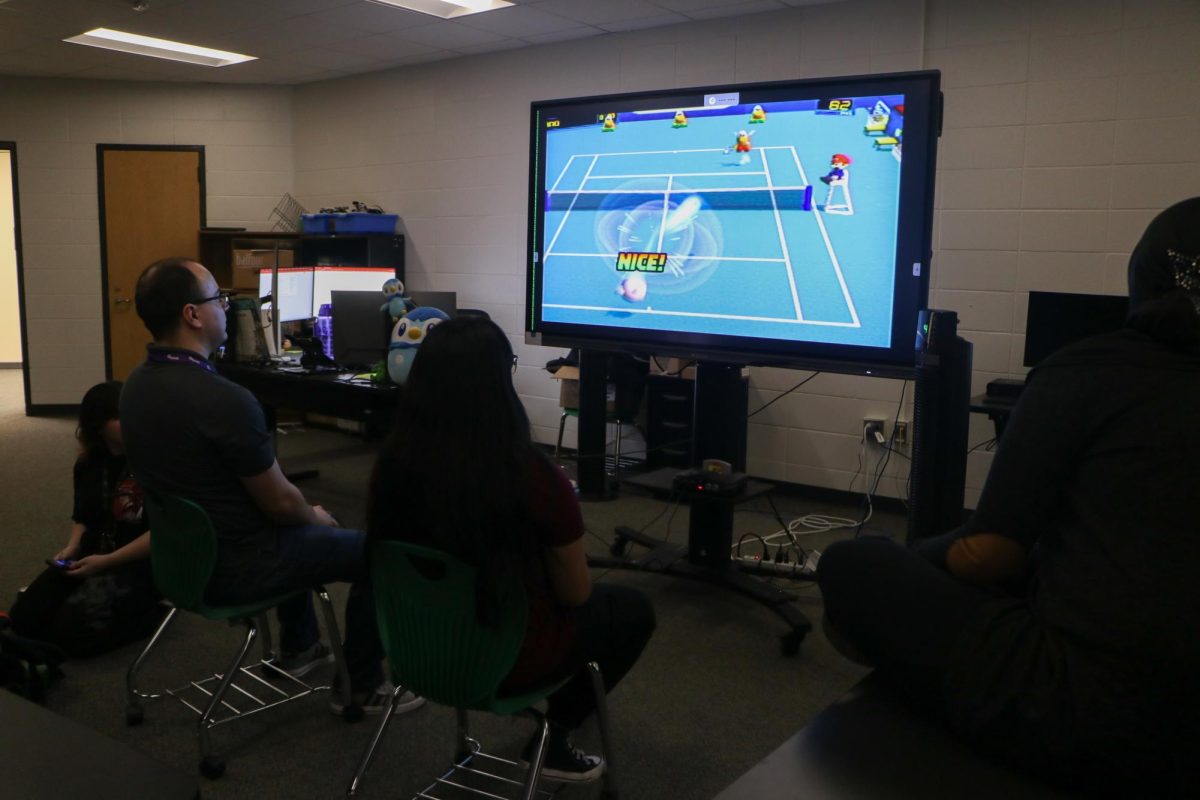

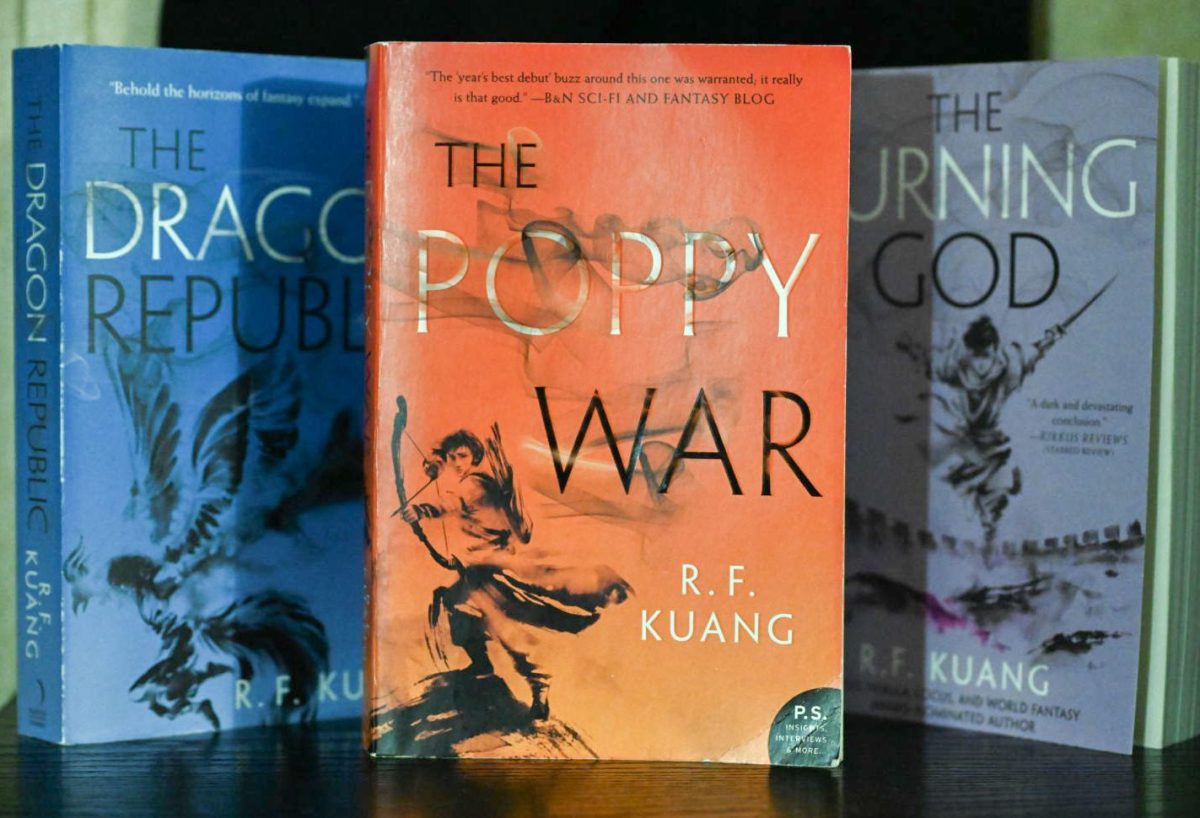

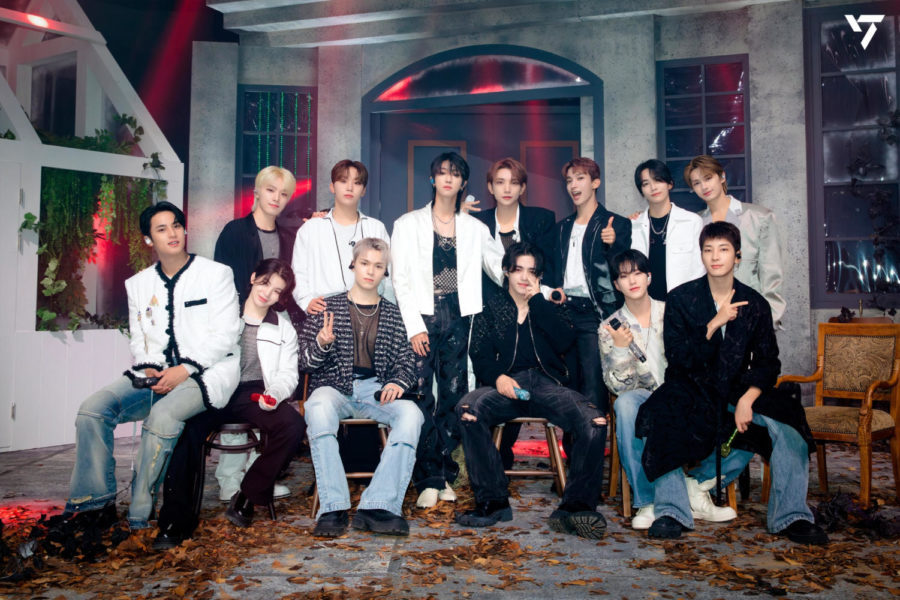
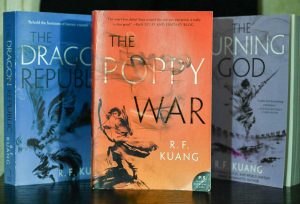
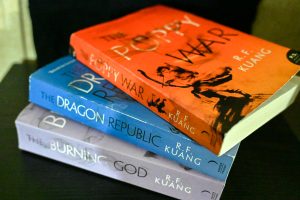
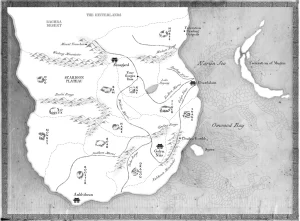
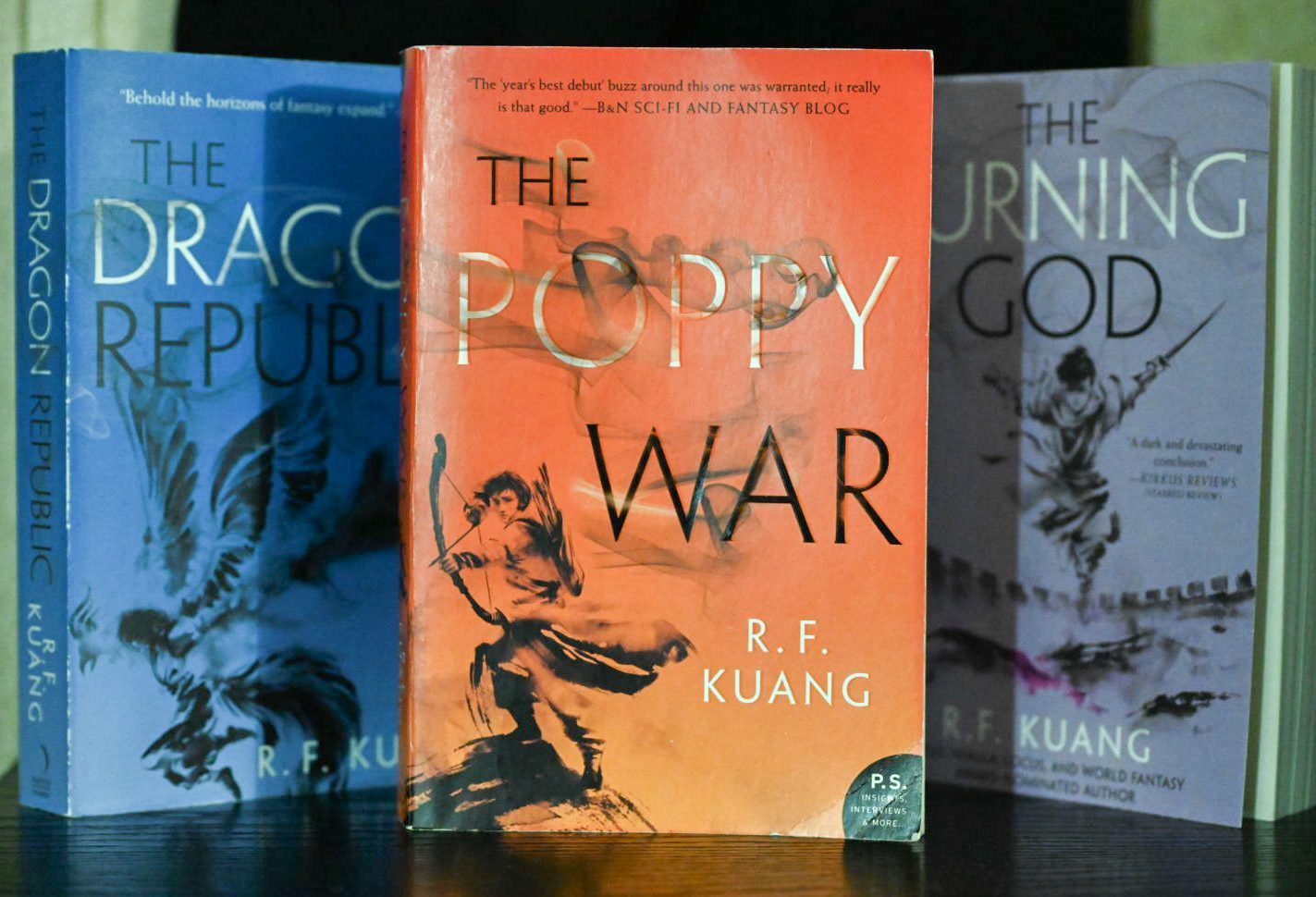
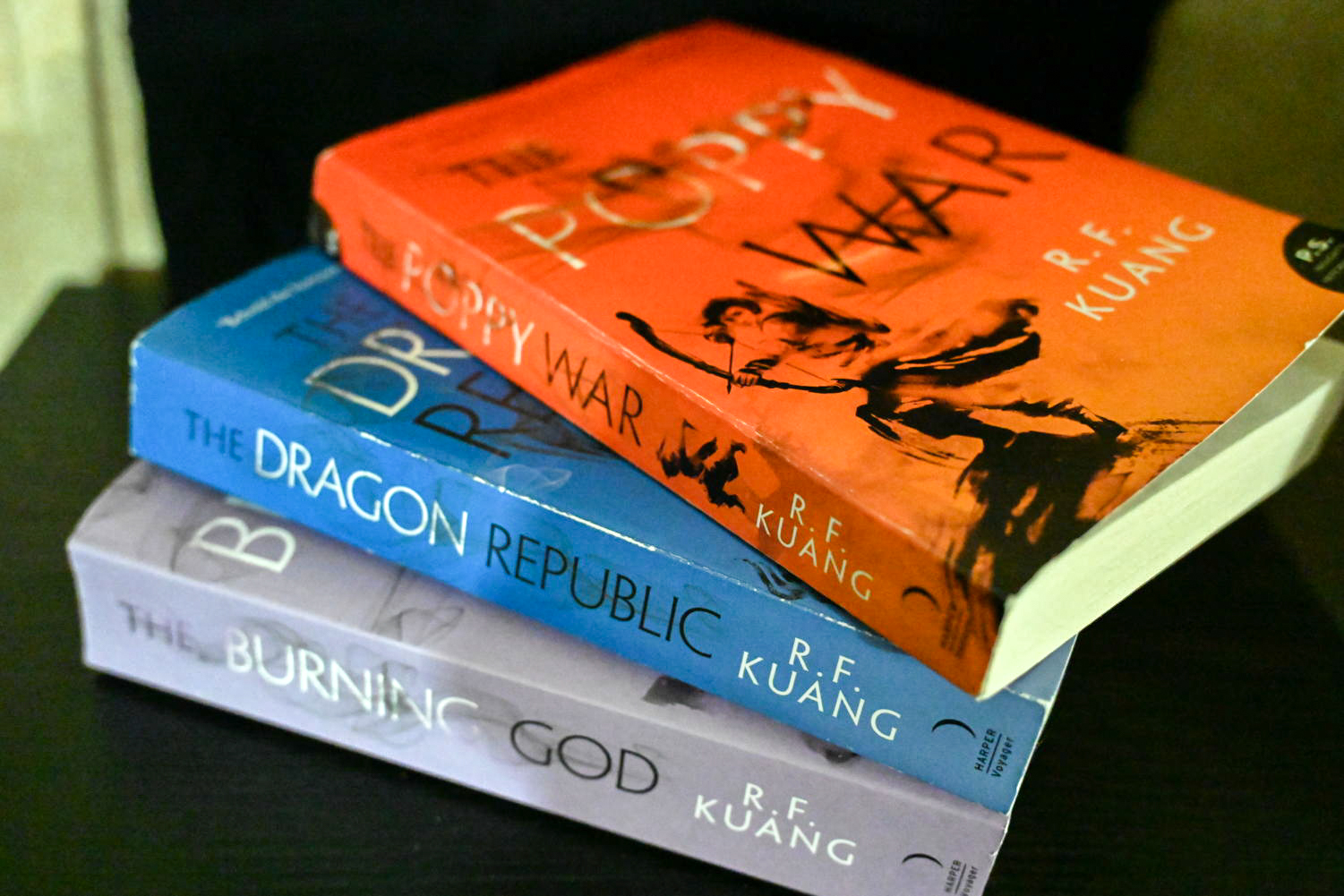
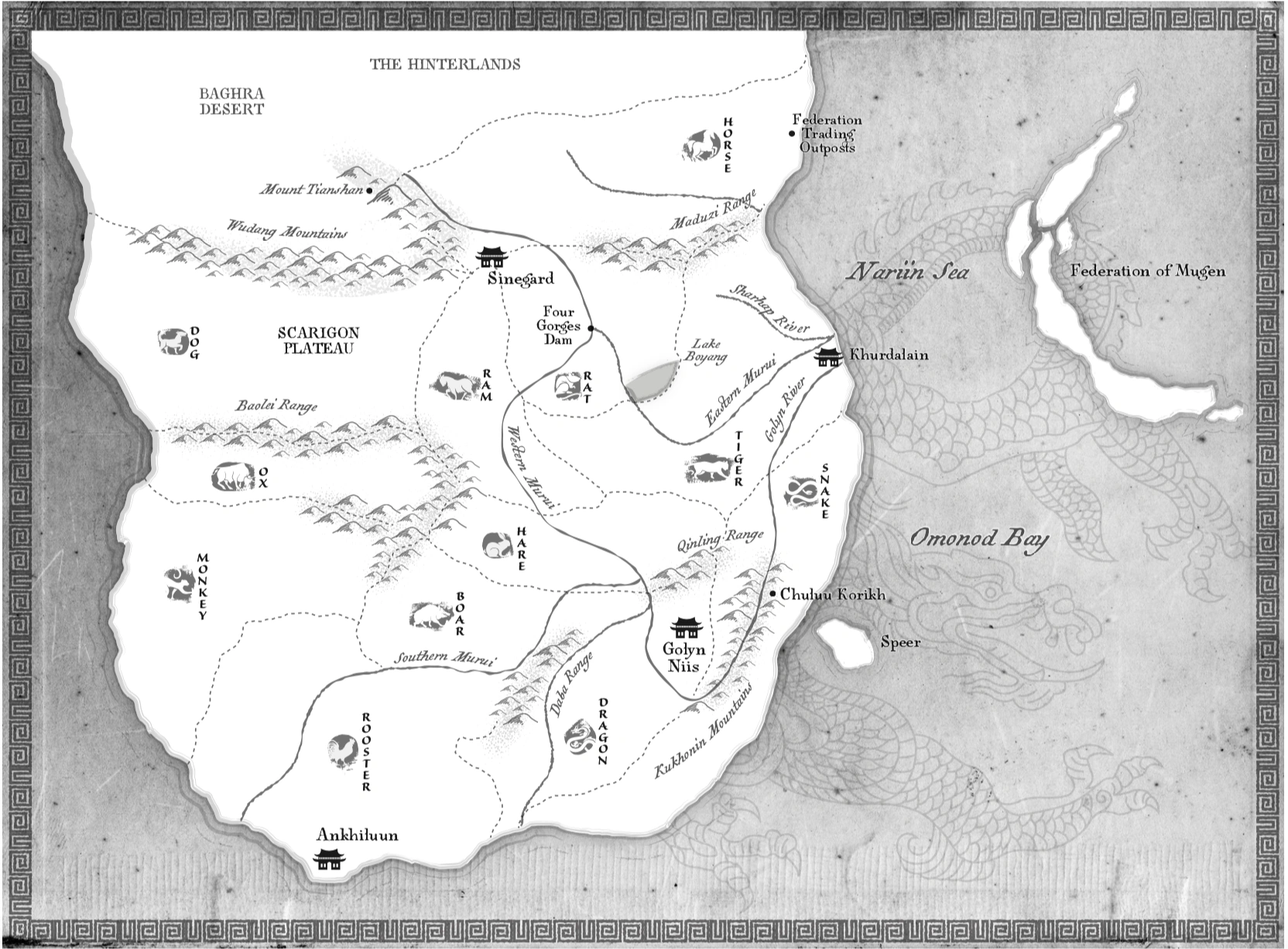



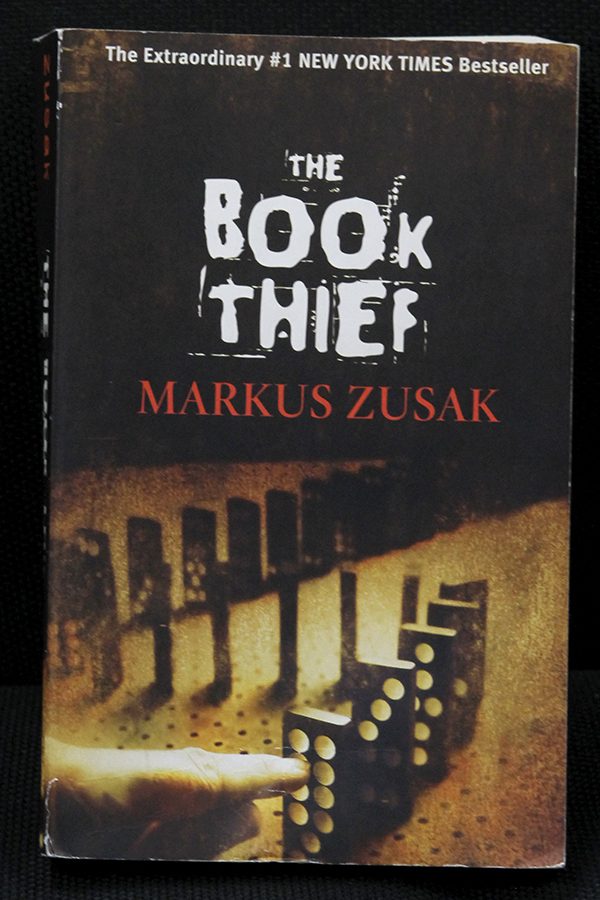
Karla G • Jan 10, 2024 at 9:30 am
This was a very well and very thought out review! the book seems very interesting and seems to have lots of strong elements that many strong and active readers would seem to enjoy! 🙂